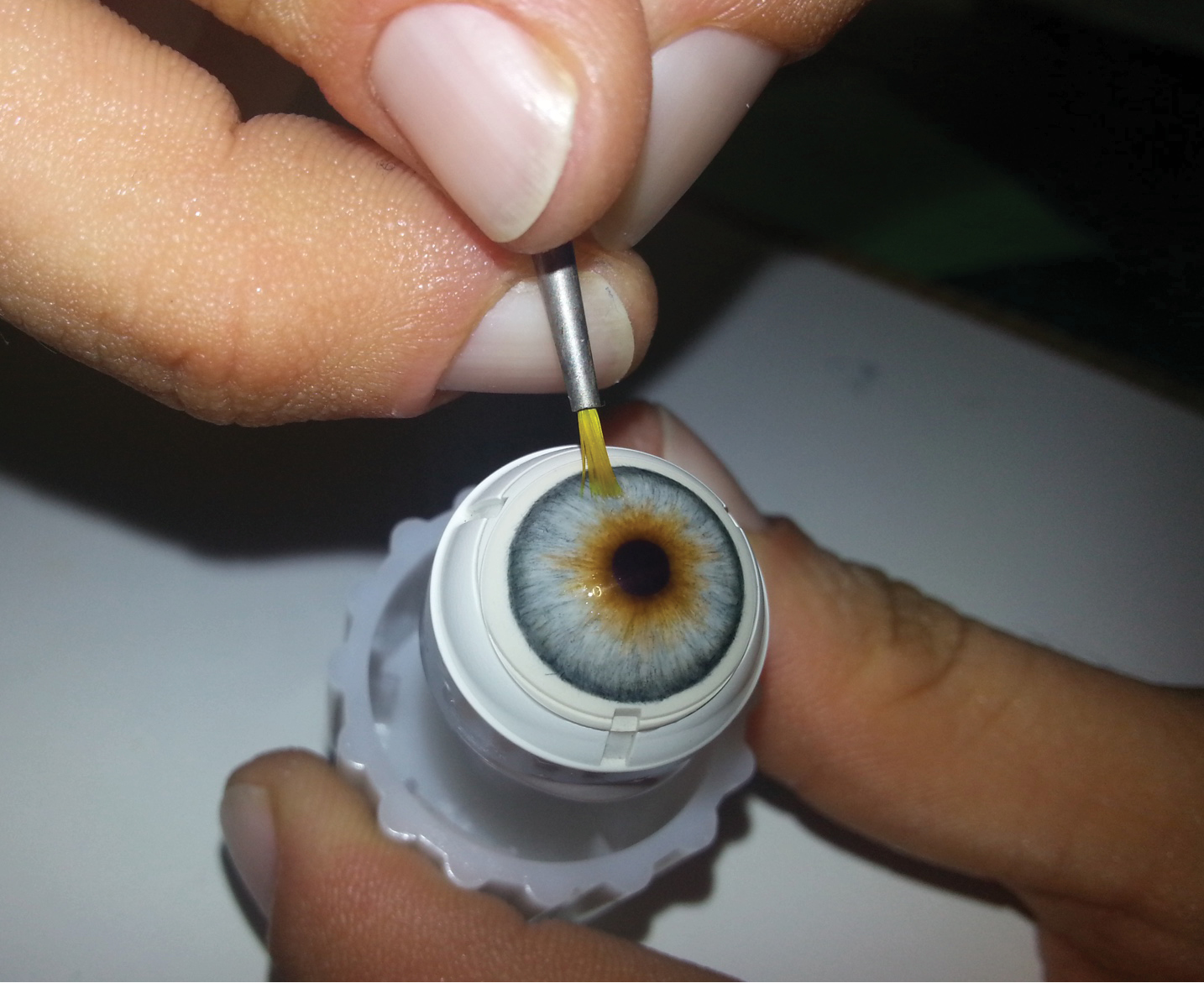
From TikTok to Instagram, social media platforms are filled with “life hacks” promising quick fixes and beauty shortcuts. But one trend that has alarmed U.S. optometrists is the rise of DIY contact lens hacks—videos showing users tinting, reshaping, or reusing their contact lenses to change their look or save money.
While these clips may seem harmless, the risks they pose to eye health are real—and potentially vision-threatening.
Common DIY Contact Lens Trends
Here are some of the most alarming viral trends circulating online:
Reusing daily disposable lenses: Some users claim they “clean” daily lenses to reuse them for several days.
Homemade colored lenses: Others attempt to dye clear lenses with markers, food coloring, or makeup pigments.
Lens sharing: Influencers sometimes swap colored lenses with friends for “aesthetic challenges.”
Storing lenses in tap water or saliva: DIY storage solutions are falsely promoted as “natural alternatives” to lens solution.
Each of these practices can expose the eyes to bacteria, fungi, and harmful chemicals, drastically increasing the risk of corneal ulcers and permanent vision loss.
Why These Hacks Are So Dangerous
Optometrists across the U.S. have seen an uptick in emergency visits linked to poor contact lens hygiene.
Dr. William T. Reynolds, former president of the American Optometric Association (AOA), warns that “contact lenses are medical devices—not fashion accessories.” Using them incorrectly can lead to:
Severe eye infections
Corneal abrasions
Scarring or blindness
Allergic or chemical reactions from dyes and pigments not approved for eye use
Tap water and saliva, often featured in DIY cleaning methods, contain Acanthamoeba—a microorganism that can cause painful, sight-threatening infections.
What You Should Do Instead
If you wear or are interested in trying contact lenses, always:
Get a professional fitting from a licensed optometrist.
Use only FDA-approved lenses and cleaning solutions.
Follow replacement schedules strictly.
Never share or reuse daily disposable lenses.
Avoid sleeping or swimming in contact lenses unless prescribed for overnight wear.
If you notice redness, discomfort, or blurry vision, remove your lenses immediately and see your eye doctor.
How Eye Care Professionals Are Responding
Optometry clinics across the U.S. are increasing education efforts to combat misinformation. Many now post eye safety reminders online to counter dangerous trends and emphasize the importance of professional care over social media advice.
The American Academy of Ophthalmology and the Centers for Disease Control and Prevention (CDC) also launched awareness campaigns warning against non-prescription and cosmetic lenses purchased online.
Final Thoughts
Contact lenses are safe when used correctly—but extremely risky when treated like costume accessories.
If you’ve seen viral “lens hacks,” remember: what looks creative online could lead to irreversible damage in real life.
Always trust your optometrist over social media trends—because clear, healthy vision is never worth the risk.
References
American Optometric Association. (2025). Contact lens safety and hygiene: What you need to know. Retrieved from https://www.aoa.org
Centers for Disease Control and Prevention. (2025). Healthy contact lens wear and care. Retrieved from https://www.cdc.gov/contactlenses
American Academy of Ophthalmology. (2025). The dangers of decorative contact lenses. Retrieved from https://www.aao.org









